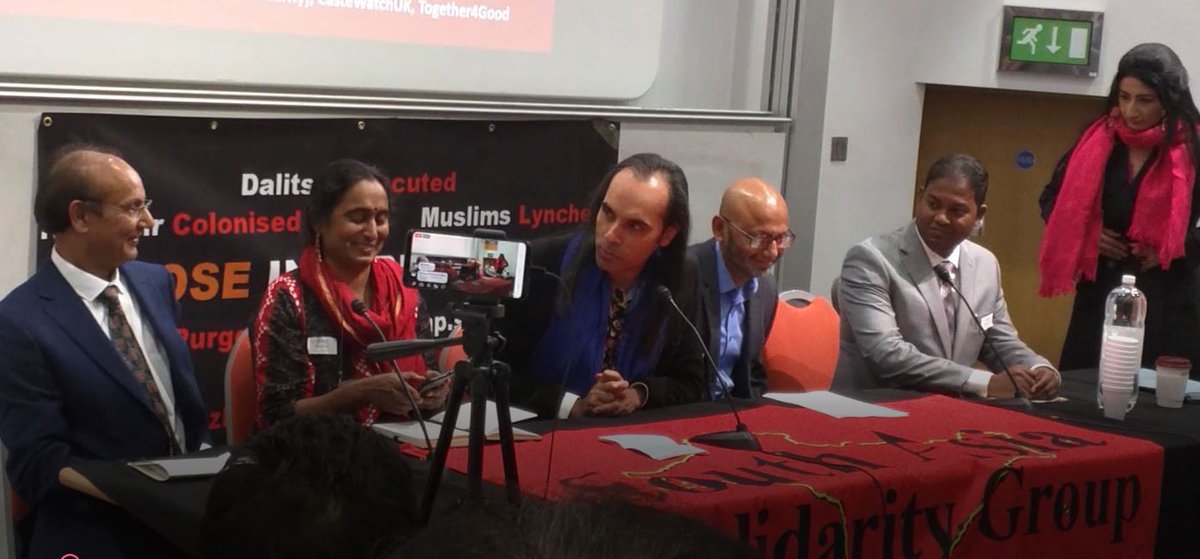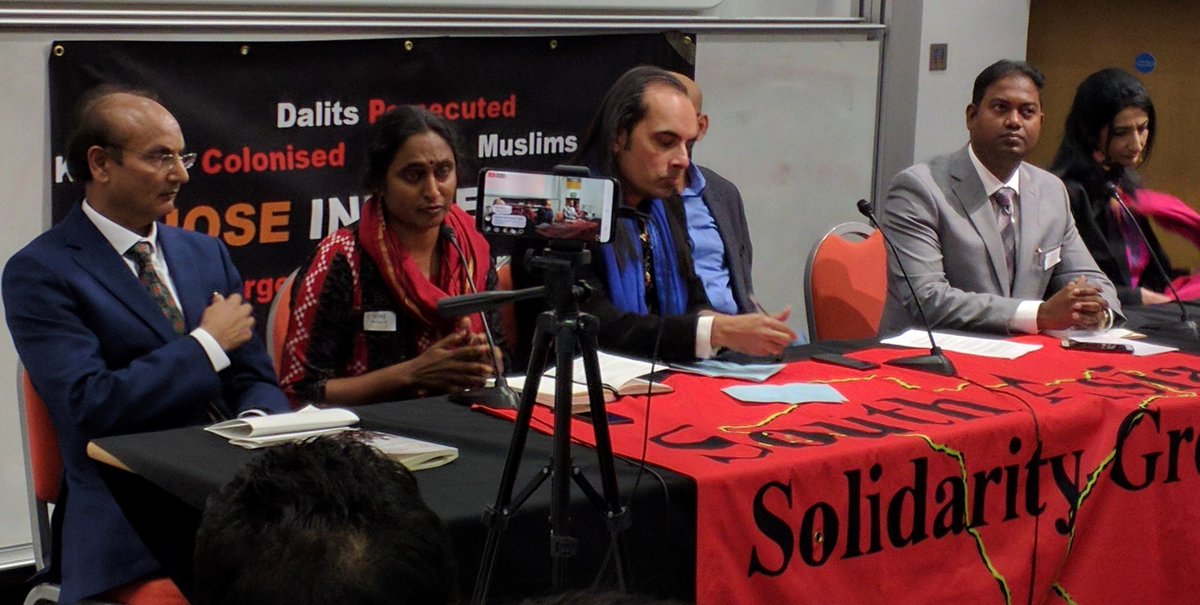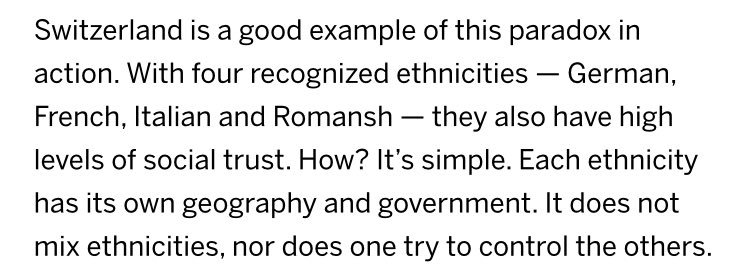What (if anything) is a democratic society's obligation to its veterans in the 21st century? One thing I'd be interested in seeing is a kind of historical tracing of what veteran status has meant over time.
Keep Current with Russ Burgos
This Thread may be Removed Anytime!
Twitter may remove this content at anytime, convert it as a PDF, save and print for later use!

1) Follow Thread Reader App on Twitter so you can easily mention us!
2) Go to a Twitter thread (series of Tweets by the same owner) and mention us with a keyword "unroll"
@threadreaderapp unroll
You can practice here first or read more on our help page!




